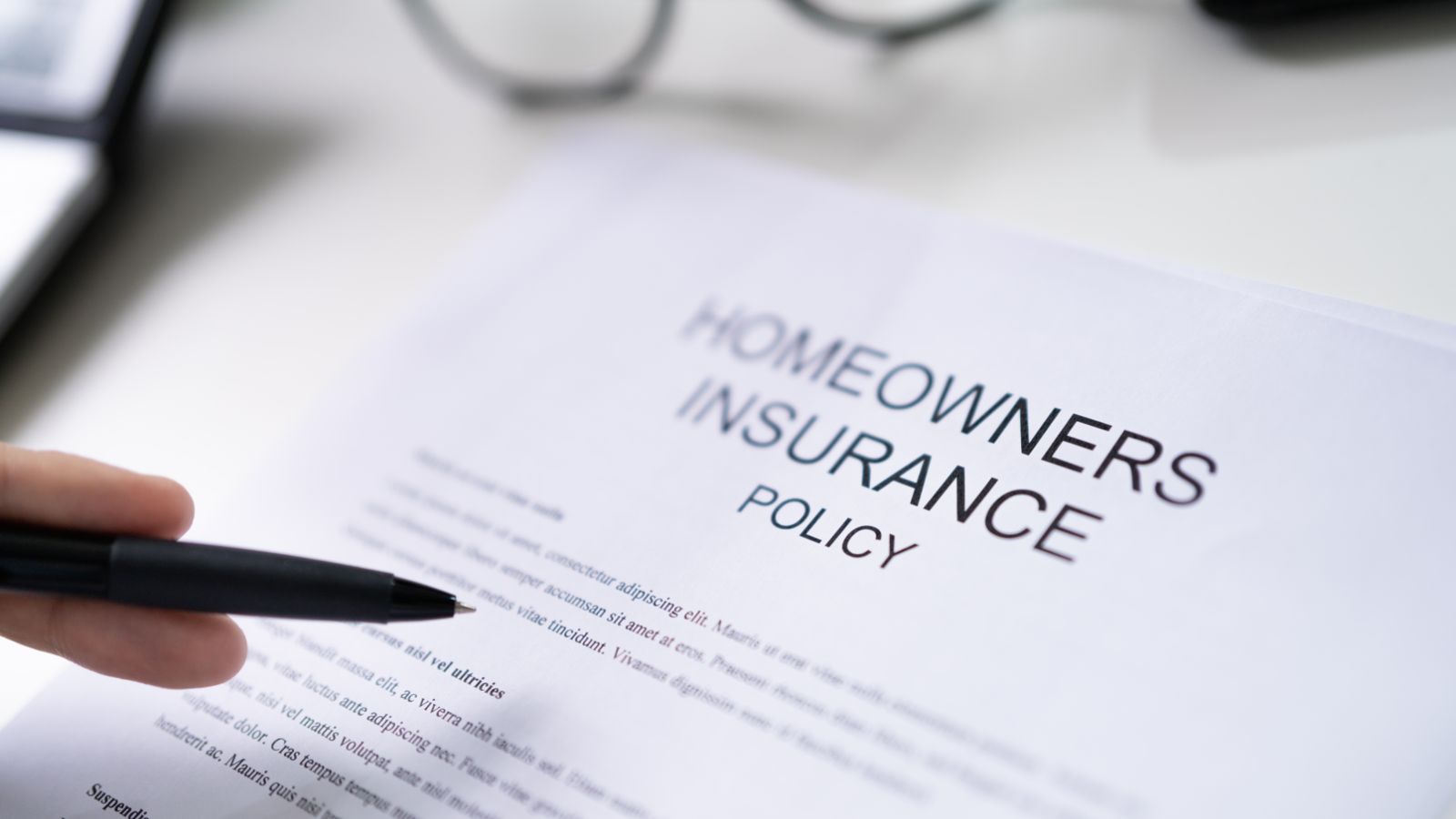Having insurance coverage on your home could save you hundreds of thousands of dollars in case of a disaster. However, there are certain things you may do that deny you this privilege. In this light, here are 17 mistakes you should always avoid if you want your insurance coverage to be valid.
Failing to Pay Premiums on Time

Depending on how the insurance contract is structured, missing even a single payment can result in its cancellation. Yes, companies do offer grace periods within which you may reconcile any differences. But these periods are often too short, and when made void, reinstating the contract can prove to be complicated and costly.
Misrepresenting Property Use
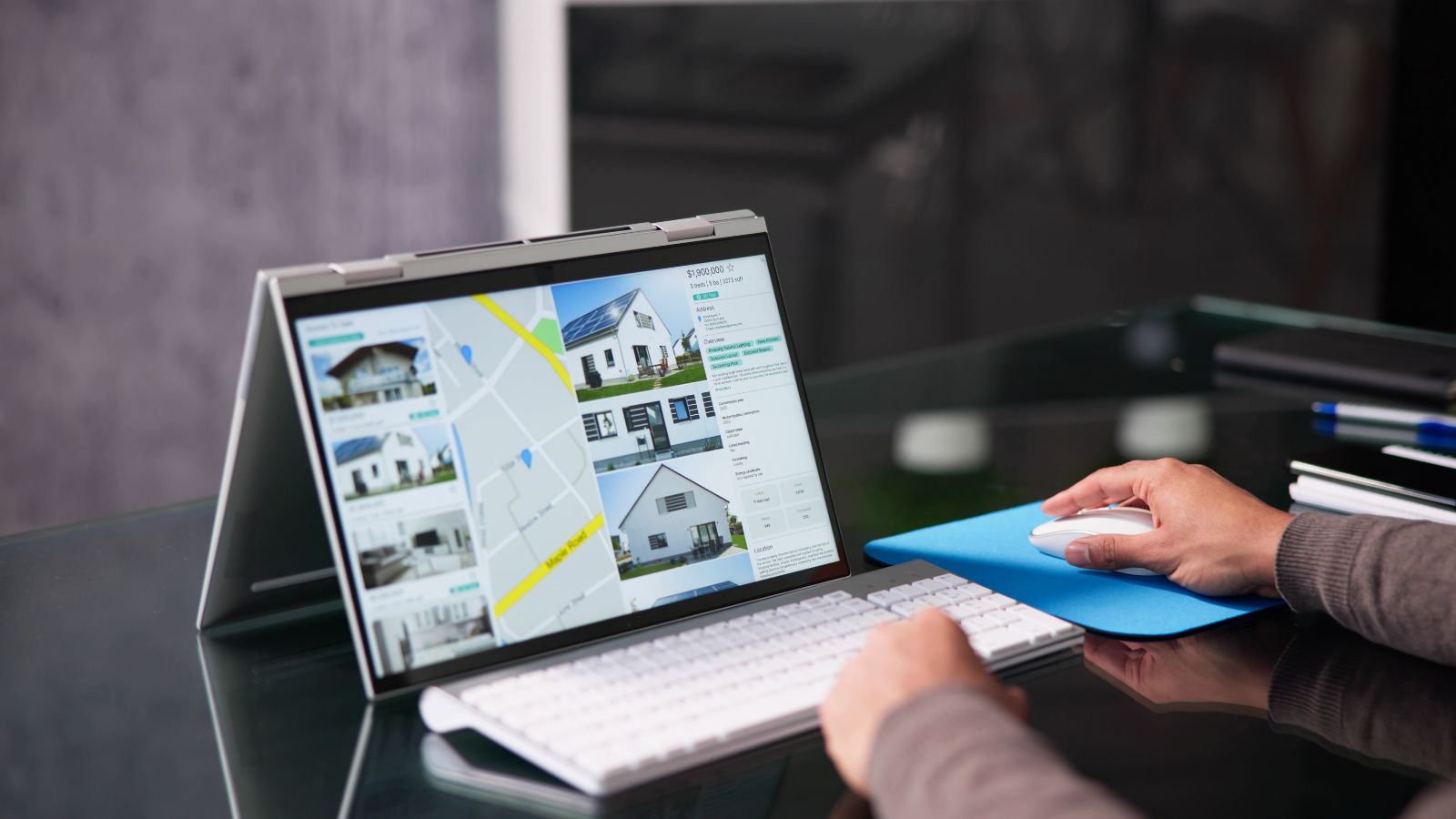
No matter what you do, always let your insurer know who exactly uses the home. Companies always have a clause that renders coverage void due to misrepresentation or fraud. Because of this, there will be problems if you present your home as your primary residence when it is, in fact, used as a rental property.
Undisclosed Renovations
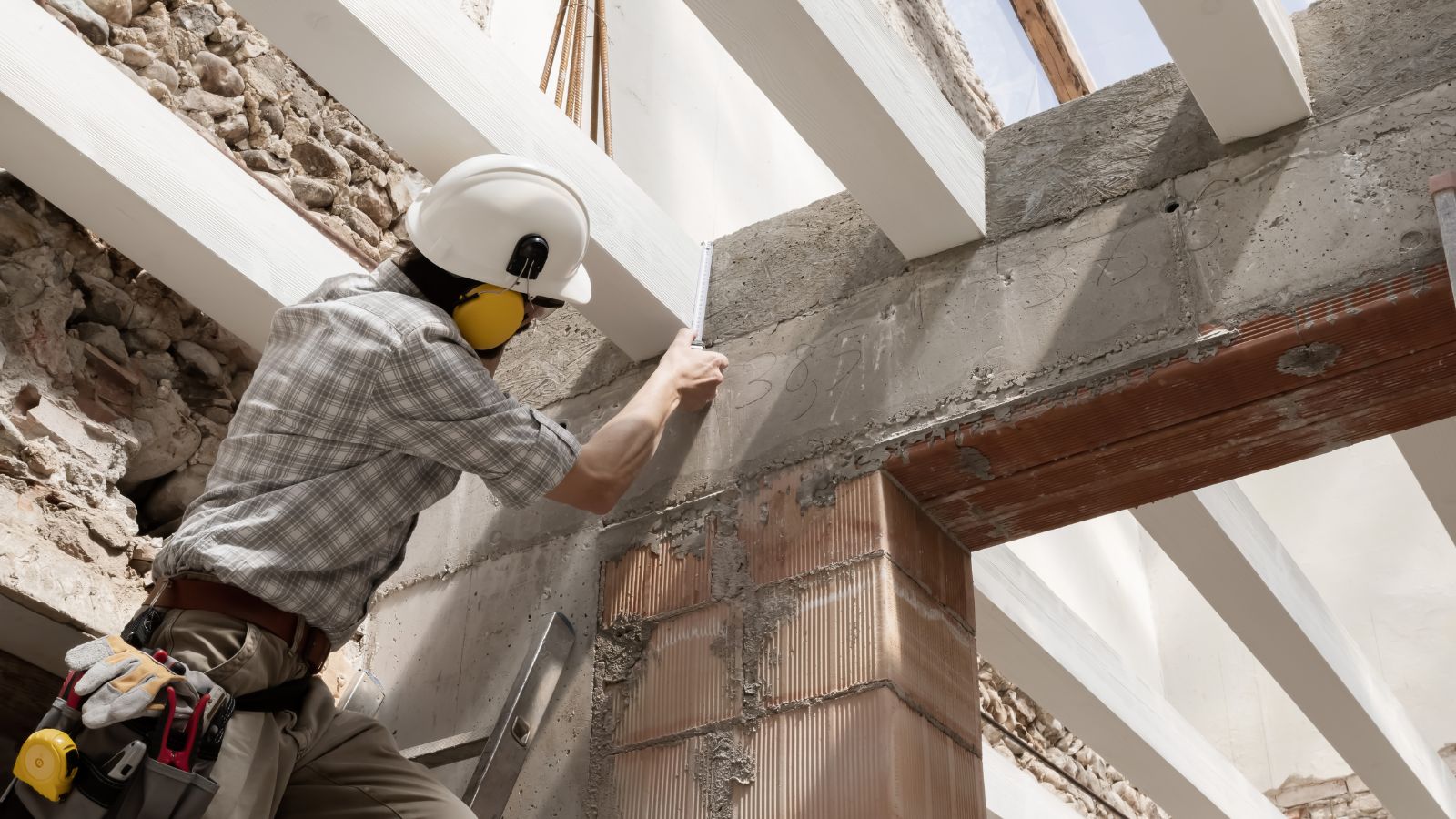
Renovations, especially if they’re major, change the risk profile of your home and could even increase its value, making a policy update necessary. So, it’s no surprise why, according to Yahoo, taking renovations without letting your insurer know (or granting permits for) can also make your policy invalid.
Running a Home-Based Business

Using your home as a business premise without reporting it as one wouldn’t sit well with your insurers either. This is closely related to misrepresenting property use. You may not be allowed to make claims because business is typically accompanied by more liability risks, requiring separate or additional coverage.
Neglecting Property Maintenance
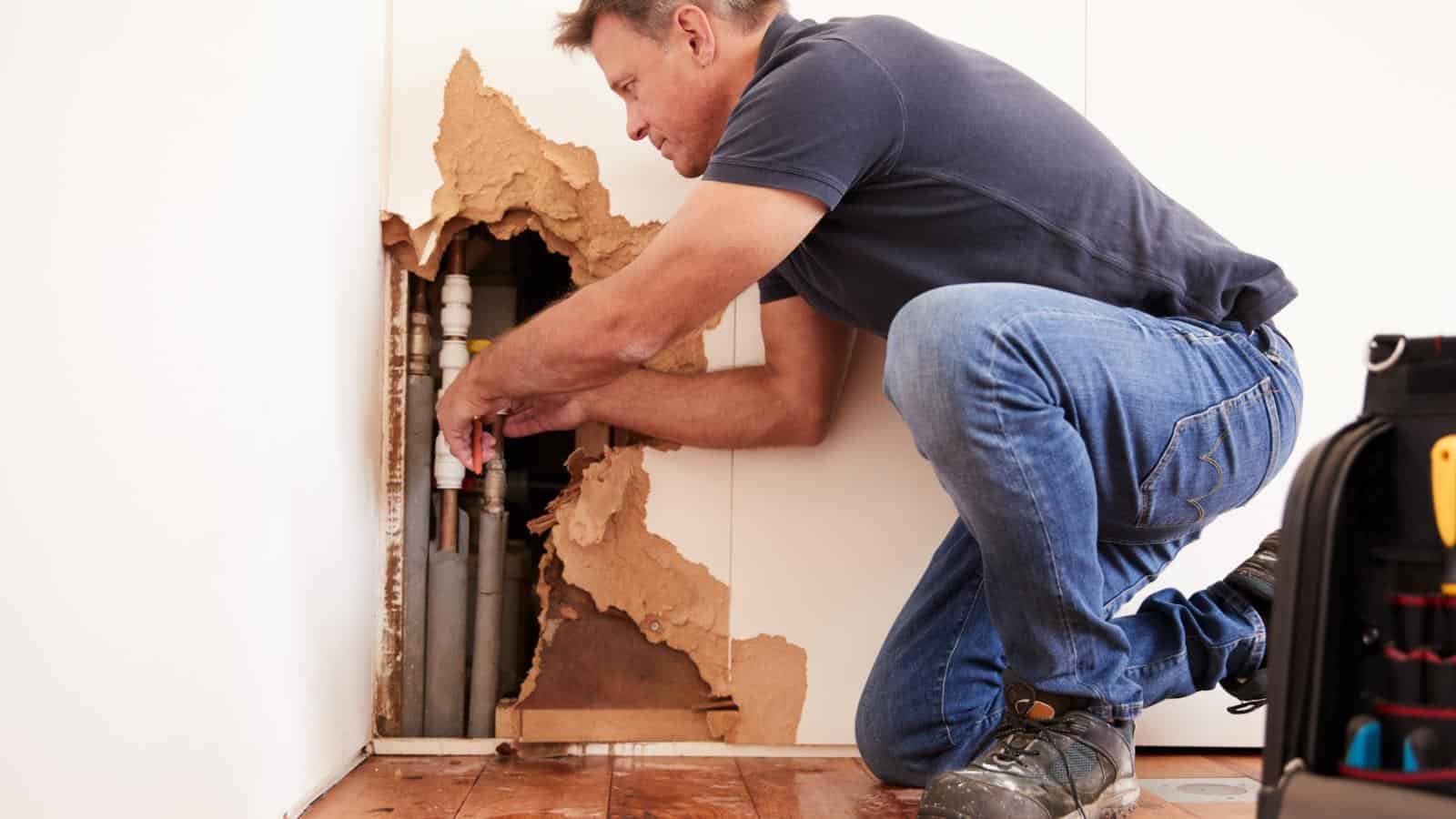
You can’t purposely neglect your property and expect the insurance to foot the bills for it. This especially applies when it comes to roofs, gutters, plumbing, and anything that could lead to water damage to the home. Ignoring structural problems also makes it difficult to secure claims after damage.
Owning Certain Dog Breeds

Insurance companies deem certain dogs too dangerous to keep at home. We know how much you love dogs, but it’s best to stick to the strict rules when it comes to dog breed restrictions. In a Forbes post, it’s revealed that the four most commonly restricted breeds are bull terriers, rottweilers, chow chows, and wolfdogs.
Installing a Swimming Pool

You should also understand that swimming pools increase your liability risks, and, as a result, you’ll need updated policies and coverage. Failing to inform your insurer about installing one renders your active policy invalid, and it’s even worse if your pool lacks safety fences or has dive boards and slides installed.
Not Installing Smoke Detectors
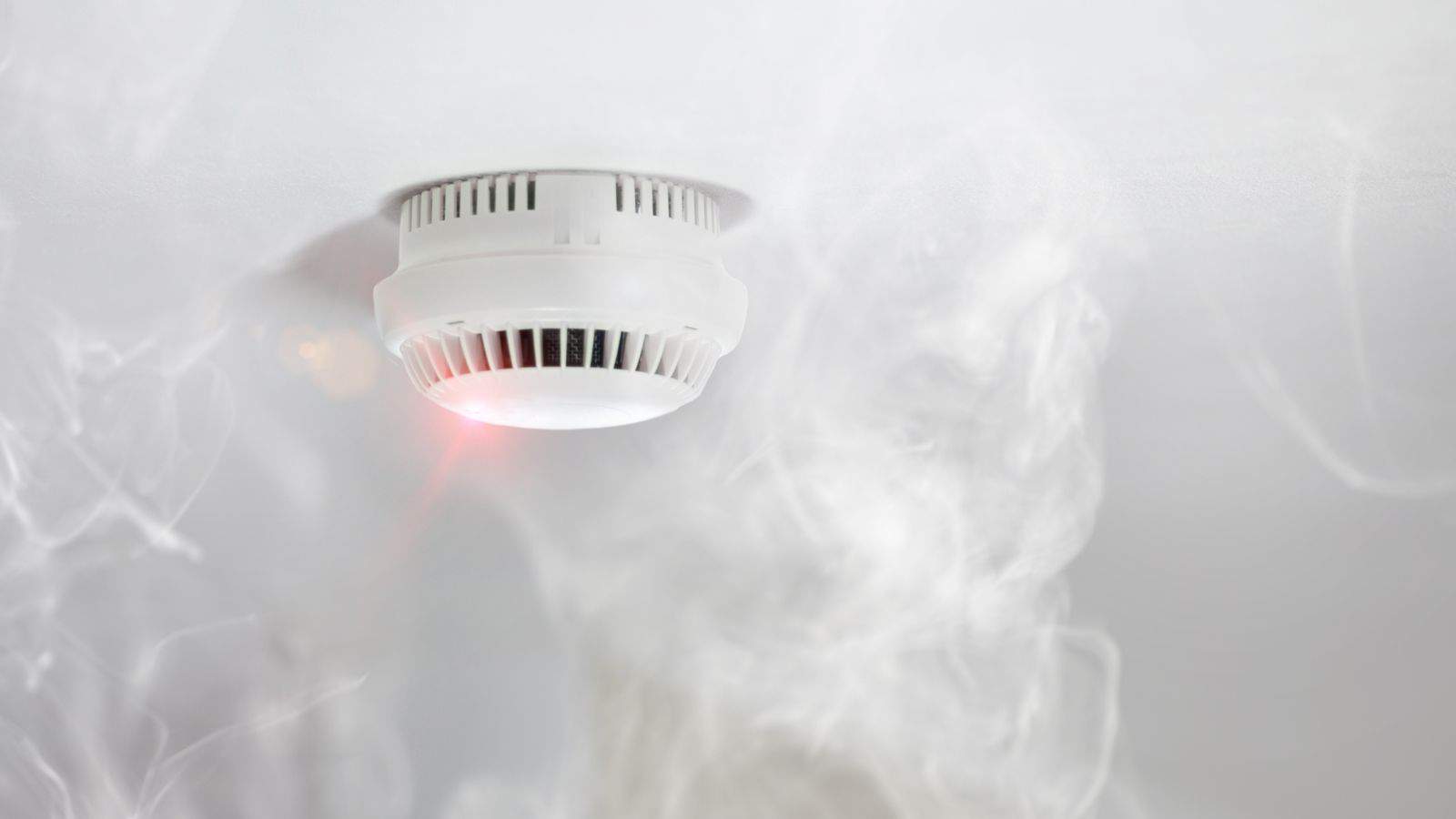
Smoke detectors help reduce your loss in case of a fire, and many policies typically make them mandatory to have. When you don’t install one, you aren’t just considered negligent; you may also be committing a direct breach of contract. Even when you have them installed, having a fire without them working may result in your claims being irredeemable.
Failing to Secure the Home
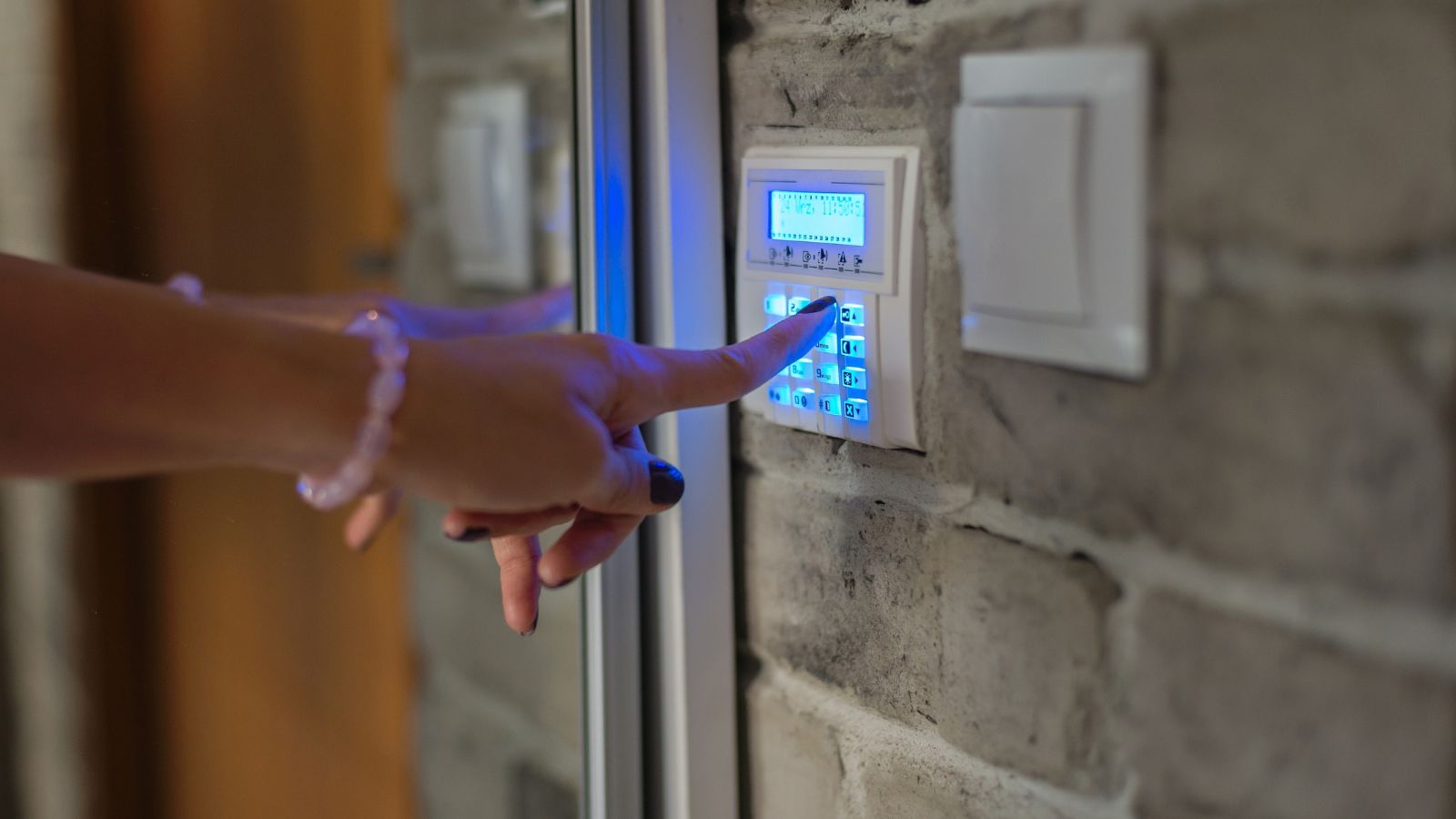
Another act that could be termed negligence is failing to install locks and alarm systems against intruders. Your theft coverage is specifically affected here, and this also applies when you leave doors and windows open. You should also make sure that you install the specific systems recommended by your policy if there are any.
Leaving the Home Unoccupied

You should report any extended periods of vacancy in the home to your insurance company, too. Policies often include clauses that limit coverage after a set vacancy period is reached. You’ll mostly encounter problems when you don’t provide security for the home or prepare the home against winter damage for when you’re away.
Failing to Comply with Local Codes
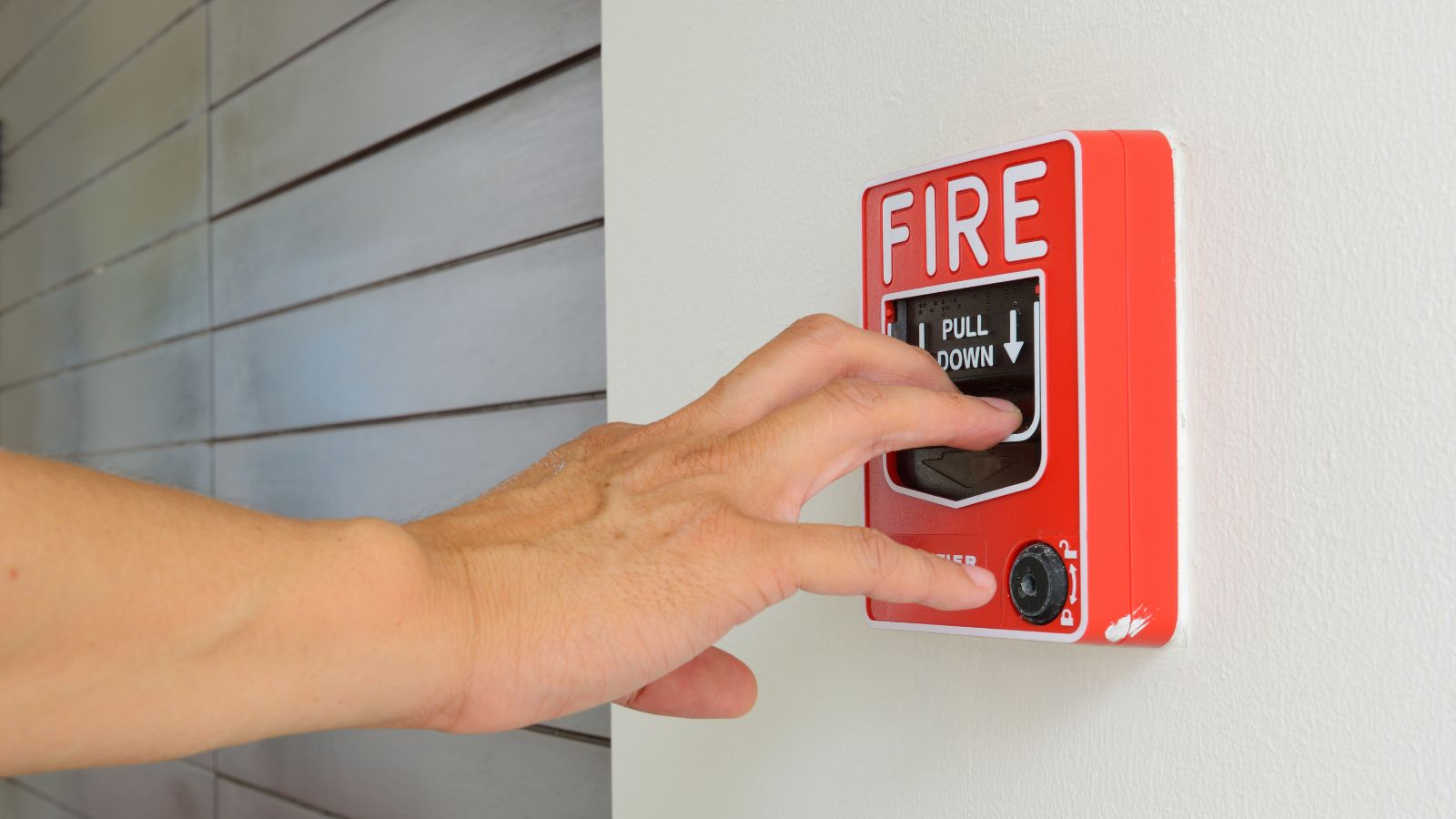
Building, fire, or electrical codes are there for a reason. When you ignore them, you put your home and its inhabitants in harm’s way unnecessarily, and your insurer wouldn’t want to pay for this. What’s more, it isn’t just the insurance company you’ll have problems with, as you could attract some fines from the government as well.
Ignoring Pest Control
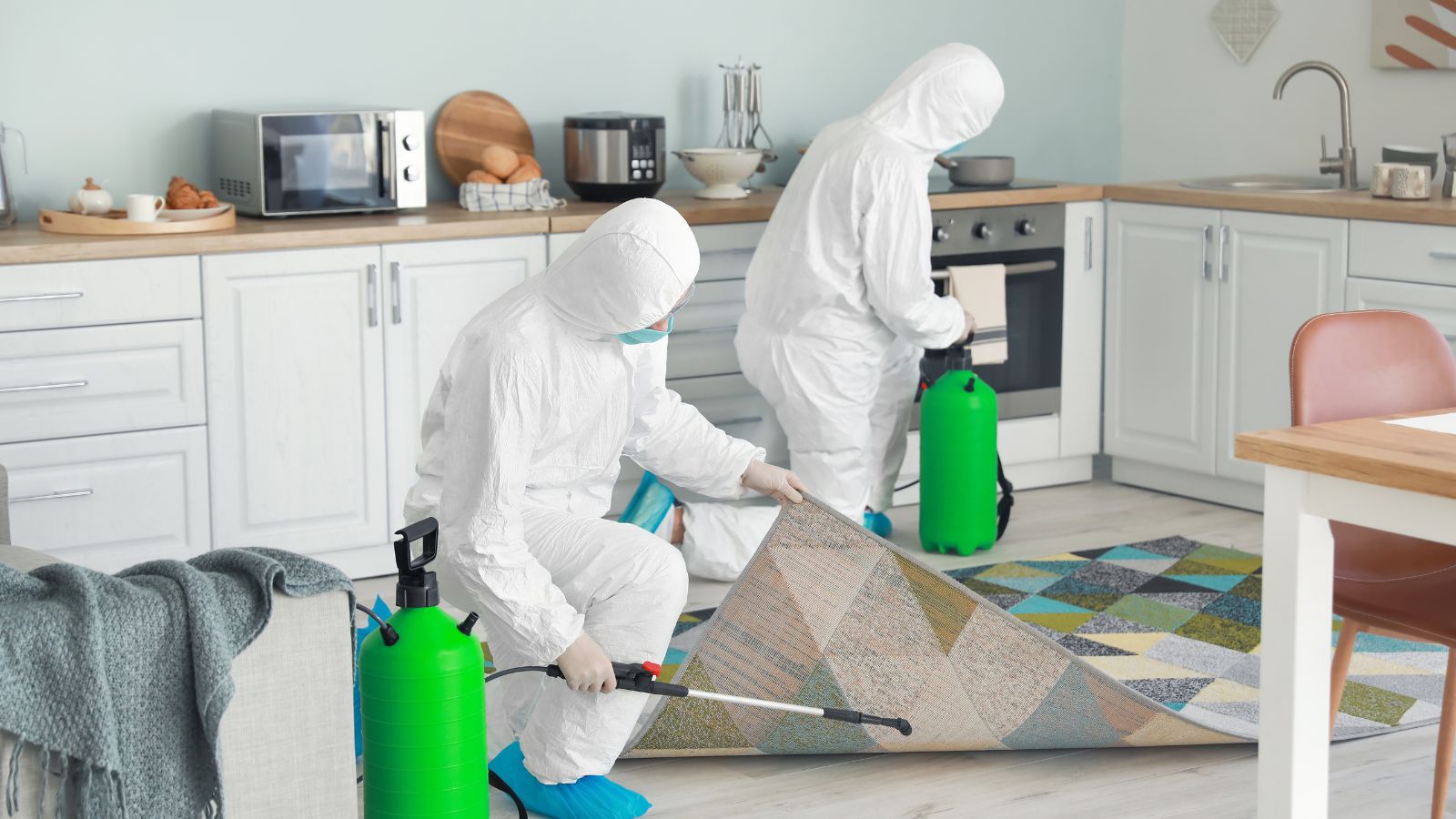
Another way to be neglectful is to disregard obvious signs of pest damage or health hazards from them. Your insurer won’t save you in these situations. Bankrate explains that since infestations are often seen as preventable (signs of poor maintenance), your claims on damage by termites or rodents will almost always be disregarded.
Not Reporting Major Life Changes

By ‘major life changes,’ we mostly refer to a change in marital status. Getting married or divorced will affect the validity of your policy—specifically the home insurance rates—and this is why you need to implement changes with your insurer immediately. There are also changes, like having a new roommate or resident, that could harm your policy.
Exceeding Occupancy Limits

More occupants in the home lead to more risk of wear and damage. This is why insurers like to control how many people they offer coverage over. Allowing more occupants than your home insurance policy recommends, therefore, understandably causes your current coverage to be void.
Having Unapproved Structures
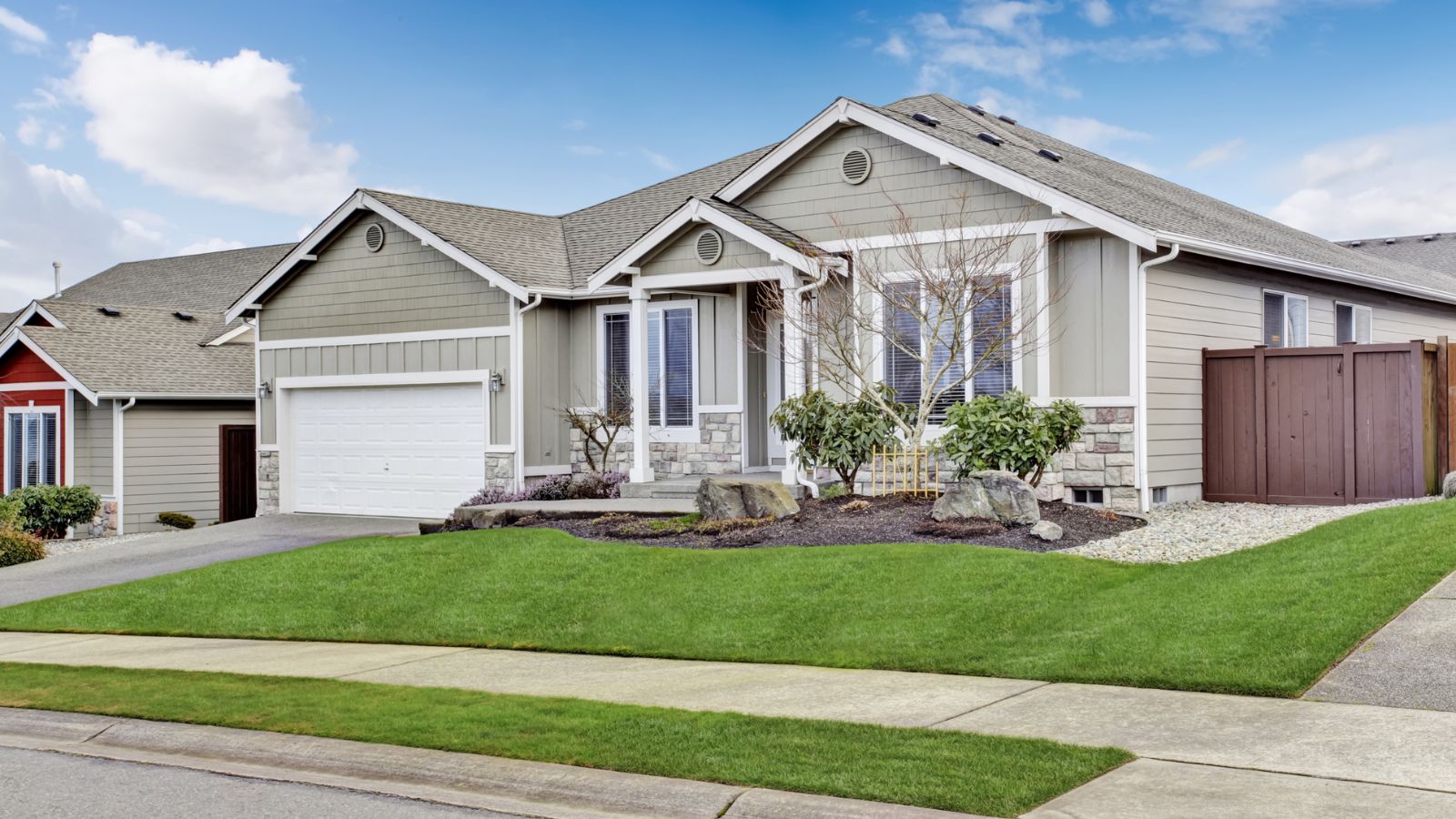
No matter how functional they are, whether it be an extra shed to relax under or a garage to store your vehicles, adding structures to your home can also get you in trouble. Unapproved structures, particularly those you erect yourself, are usually not up to quality standards, and this increases the insurer’s risks and liabilities.
Not Disclosing Prior Claims

Prior or existing claims are signs of higher risk to the insurer, and concealing them to get a better premium may pass as fraud or misrepresentation. As Phelps LLP shares, your policy will be deemed void if the omission of this information is vital to the insurer’s evaluation of risk.
Using Your Home for Illegal Activities

Neglecting building codes, manufacturing narcotics, and engaging in other illicit activities will not just get you in trouble with the insurer; it will also have the law knocking at your door. While some companies only exclude damage caused by these illegal activities, others will consider the entire policy void.
Up Next: 19 Completely False Things About America That Foreigners Think Are True

The U.S. is arguably the most famous country in the world, and people from far-off places often know our flag and president’s name! However, a lot of media coverage and exported movies mean plenty of opportunities for misunderstanding and stereotyping. Here are 19 false assumptions non-Americans often make about ‘the land of the free!’
19 Completely False Things About America That Foreigners Think Are True
20 Loyal Dog Breeds That Will Never Leave Your Side

Since early humans first fed a wolf around a campfire, dogs have been our constant companions and are renowned for making strong bonds with their owners. But which specific types of dogs make the most loyal and devoted pets? This article describes the 20 most unwaveringly loyal canine breeds and the characteristics that make them the ultimate ‘ride or die’ pets!
20 Loyal Dog Breeds That Will Never Leave Your Side
18 Reasons Older Men Say ‘Nope’ To Relationships

Older men embrace being alone and generally prefer spending time in solitude. They’ve had a full, so don’t criticize them for being less social! The following 18 reasons explain why older men prefer to be alone and are redefining how they experience their retirement years.

